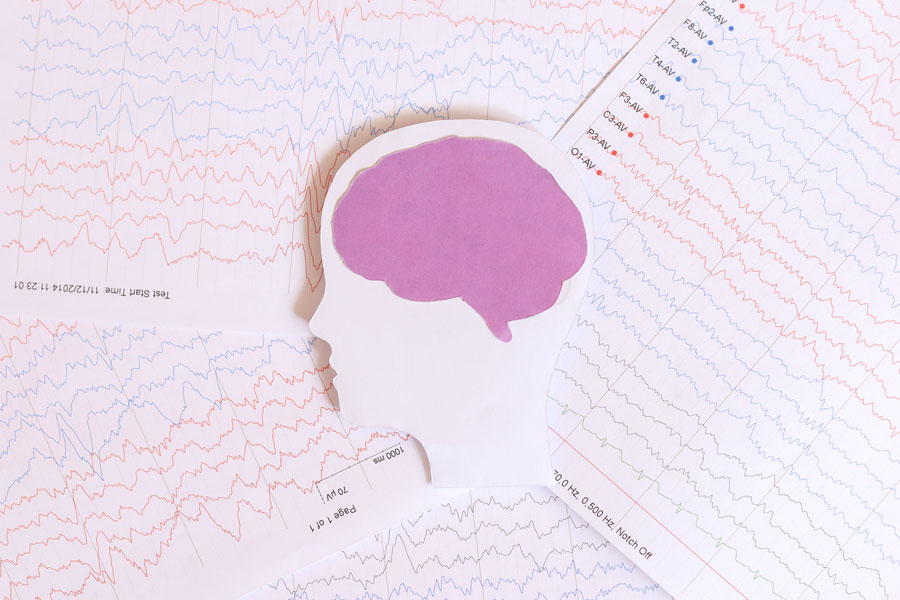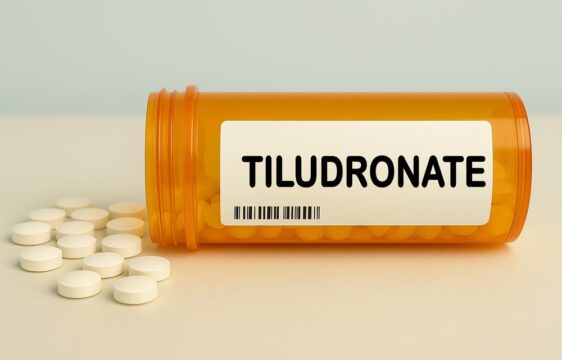Advertisment
Investigative epilepsy drug shows significant efficacy

Among patients with treatment resistant epilepsy, the investigative drug XEN1101 has reduced seizure frequency by over 50%. And in some patients it stops them completely.
Researchers reported these findings on October 9, 2023 in JAMA NEUROLOGY.
“Our findings show that XEN1101 may offer a swift, safe, and effective way to treat focal epilepsy,” said lead author, Jacqueline French, MD., professor in the New York University School of Medicine Department of Neurology and clinician in the Comprehensive Epilepsy Center in New York. NY. “These promising results offer hope for those who have struggled for decades to get their symptoms under control.”
As background, the authors noted that focal seizures, the most common type in epilepsy, happen when nerve cells in the brain send out a sudden burst of electrical signals. Though currently approved treatments control or reduce seizures, they do not stop seizures in about one-third of patients.
XEN1101 is in the class of agents called potassium-channel openers which stop seizures by increasing the potassium flow out of nerves, preventing them from firing. Notably, XEN1101 does not have the significant side-effect profile of other potassium-channel openers.
The investigators enrolled 325 adult men and women, 285 of whom completed the study.
Subjects had tried and stopped treatment with an average of six drugs, all of which had failed to stop their focal seizures. At enrollment, they reported an average of at least four episodes a month despite ongoing treatment.
The investigators randomized the subjects to either daily oral XEN1101 (in doses of 10 milligrams, 20 milligrams, or 25 milligrams) or a look-alike placebo.
The study included an 8-week treatment period from January 30, 2019 to September 2, 2021 and a 6-week safety follow-up.
On completion of the 8-week treatment phase, subjects could choose to enter an open-label extension.
The primary efficacy end point was the percent change in monthly focal seizures during the treatment phase of the trial.
Compared to placebo, with an 18.2% median reduction in monthly seizures, the median reduction from baseline in monthly seizure frequency for XEN1101 was 52.8% for 25 mg, 46.4% vs placebo for 20 mg and 33.2% for 10 mg. XEN1101 was generally well tolerated.
In the trial extension, about 18% of those treated with XEN1101 remained entirely seizure free after six months, and about 11% reported no seizures after a year or longer.
The authors concluded, “The efficacy and safety findings of this clinical trial support the further clinical development of XEN1101 for the treatment of FOSs [focal-onset seizures].”





